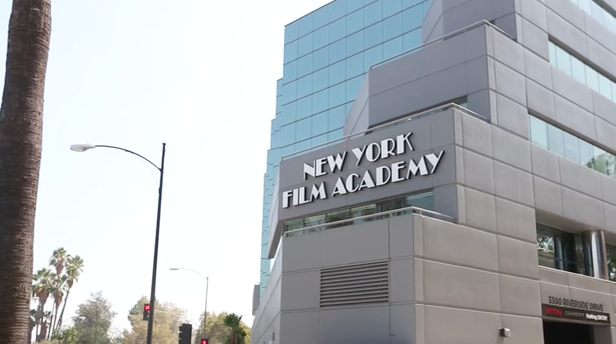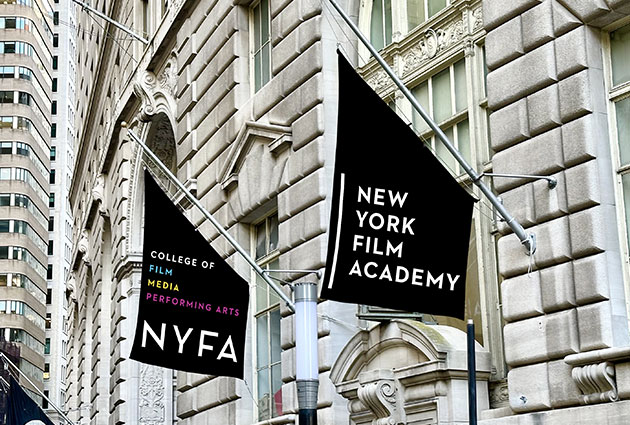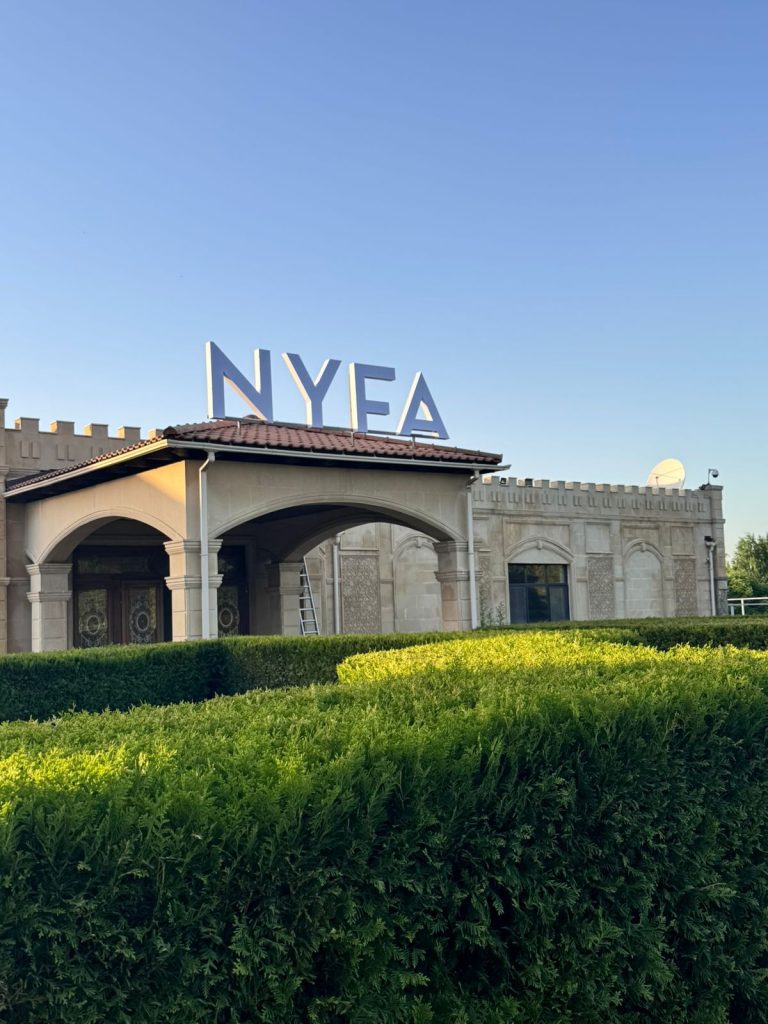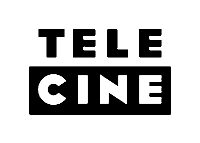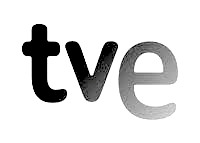At the New York Film Academy’s film school, faculty members and curriculum are focused on providing students with the real world know-how to help them achieve their goals. These achievements are the result of their hard work, perseverance, talent and circumstances. Below are some of the positions and networks in which our alumni have worked:
Study Film and TV Production
Management at NYFA
NYFA’s 1-Year Producing Programs provide students with the opportunity to build fundamental skills and explore a variety of professional and/or education pathways in creative producing and production management in film, television, and new media.
After obtaining intensive training in our conservatory-style certification program and enhancing their portfolio, many students go on to enter a NYFA degree program or pursue their future in the film, television, media, and entertainment industries. Upon graduation, students earn a college credit-bearing Certificate.
1-Year Conservatory-Style
Producing Programs
Our full-time 1-Year Producing Programs are available at our New York and Los Angeles campuses.
The program curriculum is based on location and is subject to change.
Campuses
Satellite Locations
Please note: Equipment, curriculum, and projects are subject to change and may vary depending on location. Students should consult the most recently published campus catalog for the most up-to-date curriculum.

